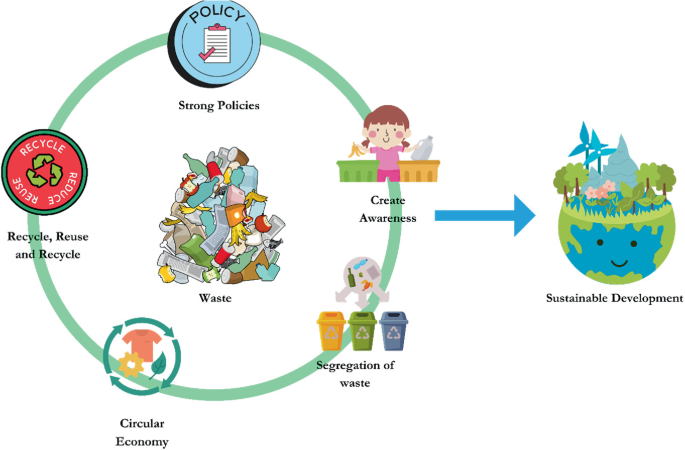Some Ideas on Reclaim Waste You Need To Know
Some Ideas on Reclaim Waste You Need To Know
Blog Article
The Definitive Guide for Reclaim Waste
Table of ContentsReclaim Waste - An OverviewWhat Does Reclaim Waste Mean?Some Known Facts About Reclaim Waste.The 2-Minute Rule for Reclaim WasteReclaim Waste for Beginners
Explore the kinds, events, and forms of fluid waste. Domestic sewer waste refers to the waste and products from a household sewage-disposal tank. This kind of waste is created by humans in houses, institutions, and various other buildings. This only consists of septic storage tanks that have a drainpipe field. The proper monitoring and disposal of residential sewer waste require fluid waste to be moved to a sewage treatment plant where the correct techniques and equipment are related to purify and get rid of waste.
Industrial waste typically consists of prospective dangers, such as combustible products or a mix of fluid and strong waste products, and requires an extra advanced and in-depth disposal process. The disposal of commercial waste normally includes the purification of waste prior to transport to guarantee secure and correct disposal. Hazardous waste is produced from byproducts and drainage of commercial processes and production.
This sort of waste can not use the same sewage administration transportation or processes as septic or business fluids. The hazardous waste management process requires the evaluation and testing of liquid waste before it undergoes the disposal process (industrial wastewater treatment). Runoff waste is the liquid waste that originates from runoff and excess stormwater in extremely inhabited locations or cities
Drainage waste can cause contamination and flooding if not dealt with effectively. Guaranteeing correct waste administration can stop catastrophes and lower ecological harm.
The Ultimate Guide To Reclaim Waste
Contact PROS Services today to discover our waste monitoring and disposal services and the correct means to look after the liquid waste you generate.
(https://allmyfaves.com/reclaimwaste1?tab=Reclaim%20Waste)This supposed 'wastewater' is not only a vital resource but, after treatment, will certainly be released to our land, rivers or the sea. Made use of water from toilets, showers, bathrooms, kitchen area sinks, laundries and industrial procedures is known as wastewater.

water used to cool equipment or tidy plant and devices). Stormwater, a kind of wastewater, is overflow that flows from farming and urban locations such as roof coverings, parks, gardens, roadways, courses and seamless gutters into stormwater drains pipes, after rainfall. Stormwater flows without treatment straight to local creeks or rivers, ultimately getting to the ocean.
Some Known Questions About Reclaim Waste.
In Queensland, the majority of wastewater is dealt with at sewer treatment plants. Wastewater is delivered from domestic or commercial websites with a system of sewers and pump stations, referred to as sewerage reticulation, to a sewage treatment plant. Regional governments develop, maintain and operate most sewage therapy plants. Operators are certified under the Environmental Management Act 1994 to release cured wastewater at an acceptable ecological requirement into rivers.
The Division of Natural Resources advises local governments concerning managing, operating and maintaining sewage systems and therapy plants. In unsewered locations, city governments may call for homeowners to set up individual or family sewage therapy systems to deal with domestic wastewater from commodes, cooking areas, washrooms and washings. The Department of Natural Resources authorises the usage of household systems when they are proven to be effective.
Most stormwater obtains no treatment. In some brand-new communities, treatment of some stormwater to eliminate litter, sand and gravel has begun using gross toxin catches. Wastewater treatment takes place in 4 stages: Removes strong matter. Larger solids, such as plastics and other things mistakenly released to drains, are eliminated when wastewater is passed through displays.
Uses little living organisms recognizes as micro-organisms to damage down and remove continuing to be dissolved wastes and fine particles. Micro-organisms and wastes are included in the sludge.
The Reclaim Waste PDFs
Nutrient elimination is not readily available in all sewer therapy plants due to the fact that it calls for pricey specialized tools. It is coming to be a lot more usual in Queensland. Clear fluid effluent produced after therapy might still consist of disease-causing micro-organisms. If this effluent is launched into waterways such as rivers or the sea, the micro-organisms will eventually pass away out.

Most wastewater flows right into the sewerage system. Under the Act, local federal governments provide authorizations and permits for environmentally appropriate tasks (Ages) involving wastewater releases that could have a regional influence.
Reclaim Waste Things To Know Before You Get This
Otherwise, examples are taken for lab evaluation. Usually lots of examinations are needed to develop the degrees of each of the different toxins such as oils, heavy steels and chemicals in water. see here Surveillance offers accurate information regarding water high quality and can confirm that permit problems are being met. The details obtained with surveillance provides the basis for making water quality decisions.
Report this page